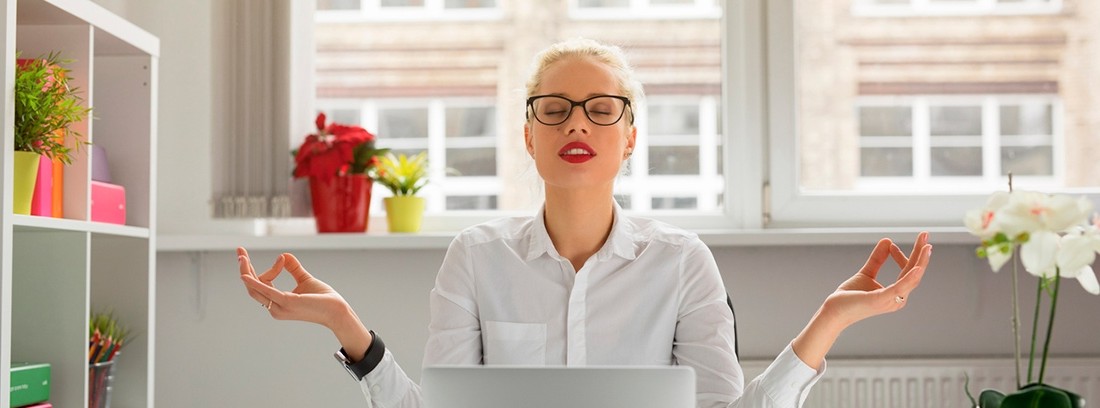What is relaxation

What is relaxation?
Relaxation should be considered our natural state that fundamentally gives us a deep rest, at the same time that it helps us balance metabolism, heart rate and respiration. In this way, knowing what relaxation is and how to relax also frees us from possible tensions, whether muscular or psychological, that accumulate over time.
We must also highlight that by putting certain relaxation techniques into practice, we achieve an intense feeling of well-being, calm and tranquility, very close to what we experience with deep sleep but with the difference of enjoying it in a waking state.
If we are relaxed we achieve a high state of sensitivity and natural receptivity, which leads to greater attention from each of the cells of our body. Thus, energy expenditure is minimal and has a positive impact on our general state, especially on the psychological.
Relaxation to cope with stress
Relaxing is the best solution to deal with the day to day, where rush, fear and stress are the protagonists. It is important to indicate that relaxation cannot replace a visit to the doctor or any treatment that the specialist has prescribed. In the event that they become serious it is crucial to have a resource to turn to in any crisis situation.
When practicing relaxation we have to completely disconnect from everything that surrounds us and focus only on our interior to be able to listen to ourselves, observe ourselves without prejudice and become aware of what we want to achieve. Only in this way can our body and mind work in total harmony and then feel totally rejuvenated, full of energy and vitality.
Benefits of relaxation
- Relieves headaches.
- It ends the.
- Lowers blood pressure and controls problems derived from hypertension.
- Relieves muscle aches, especially those in the back and neck.
- Increases creativity, especially in times of "mental block".
- Control panic attacks.
- .
- It reduces general stress and contributes to achieving inner peace and emotional balance.
- Relieves symptoms of anxiety, such as palpitations, nausea, lightheadedness, sweating, fear, dizziness, etc.
Learning to relax
If the relaxation techniques correctly, the effects will be immediate from the first session, although at first you may notice that your body reacts in a very different way to calm (you want to go to the bathroom, you remember pending tasks, startles, etc.).
The physical and emotional benefits will become apparent after you have been practicing relaxation regularly for several weeks. It is convenient to do it daily to get better benefits and permanent effects.
After a while practicing relaxation techniques it will become a simple task that we will be able to do in a few moments. There will come a time when the state of calm will be an intrinsic part of us and even by sitting or breathing consciously we will achieve total relaxation.
Mª LUISA MORO DÍAZ
Certified by the Canadian Stott Pilates School and by the Faculty of Health Sciences of the European University of Madrid. Soil specialist (Matwork) in machines (Cadillac, Reformer, Barrels).
Graduated in Special Populations (injuries, illnesses, pre and post natal, post-surgical, disabilities, obesity ...).
(Updated at Apr 14 / 2024)